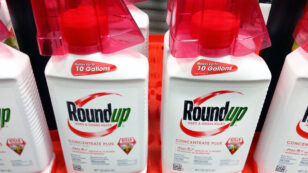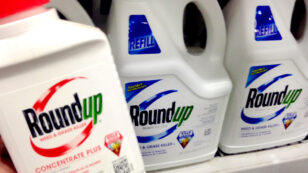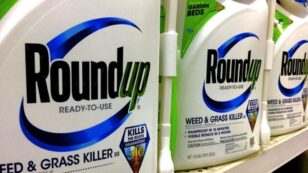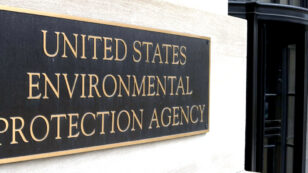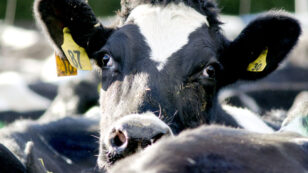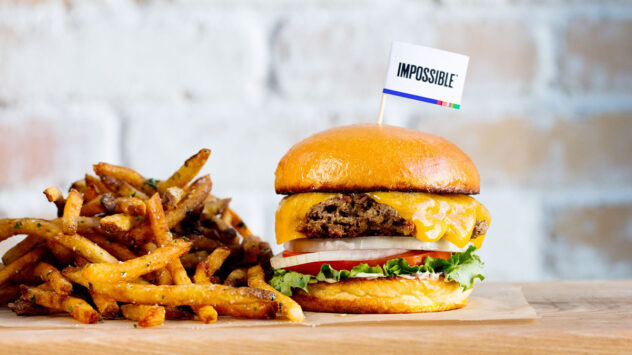
FDA Questions Safety of Impossible Burger’s Key GMO Ingredient
The U.S. Food and Drug Administration (FDA) told the manufacturer of the meat-like Impossible Burger that the company hadn’t demonstrated the safety of the product’s key genetically engineered ingredient, according to internal FDA documents. Despite FDA’s concerns, Impossible Foods put its GMO-derived burger on the market for public consumption. GMO Ingredient Gives Product Meat-Like Taste […]

 233k
233k  41k
41k  Subscribe
Subscribe 
